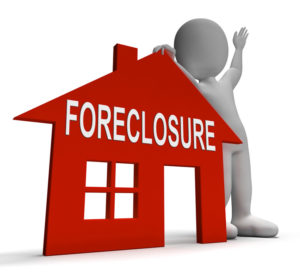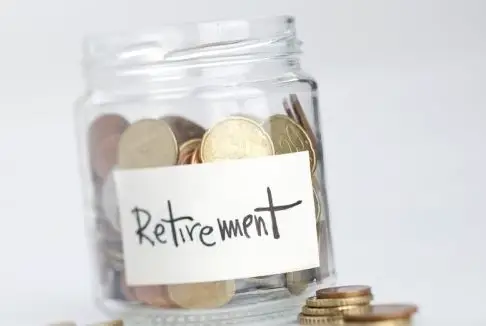Whether it was through sickness, loss of your job or some other catastrophe, somehow, you’ve found yourself behind on your mortgage payments and now the bank has served you with a foreclosure notice. What happens next? Is there anything you can do? Here are some things you should know regarding foreclosure law and suggestions on what to do next.
First, What Does Foreclosure Mean?
 A foreclosure is actually a type of lawsuit filed by a lender (your bank, credit union, etc.) to collect money owed on a mortgage. It is similar to repossession of a car. Once the foreclosure has been filed with the court, someone from the local sheriff’s department or another party hired by the lender will hand-deliver a formal summons and complaint to your home. The complaint will explain why the bank is foreclosing against you, and the summons will tell you when and where to file your answer.
A foreclosure is actually a type of lawsuit filed by a lender (your bank, credit union, etc.) to collect money owed on a mortgage. It is similar to repossession of a car. Once the foreclosure has been filed with the court, someone from the local sheriff’s department or another party hired by the lender will hand-deliver a formal summons and complaint to your home. The complaint will explain why the bank is foreclosing against you, and the summons will tell you when and where to file your answer.
Formal Notice of Intent to Foreclose
Every state in the U.S. has foreclosure laws that prevent banks from selling your home without a formal notice of intent. However, the notice of intent varies by each state. For example, if you live in a nonjudicial state, which is a state that allows banks to foreclose without going to court, you will receive a notice of default before the bank sells your home. If you have not made payment arrangements after the notice of default, the banks will then send you a notice of sale.
If you live in a judicial state where the bank must take you to court before they can sell your home, you may receive a foreclosure pre-filing notice informing you when foreclosure proceedings will begin. In all instances, you will receive a summons informing you a bank filed foreclosure proceedings with the court that gives you a set amount of time to respond. If a judge orders a foreclosure sale on your home, you will receive a notice stating when and where the sale will occur.
Foreclosure Timeline
The time that you have between a formal notice of default and a notice of sale in a nonjudicial state depends on the foreclosure timeline of each state. For example, Arizona is a nonjudicial state and requires banks or the foreclosing parties to record a notice of sale at least 90 days before the actual sale date. However, Virginia is a nonjudicial state that only allows you 14 days between the formal notice of default and the actual sale date.
Foreclosure Alternatives
If you have received a notice of default or notice that your bank plans to file foreclosure proceedings, you have other options that do not include losing your home:
File for a loan modification
If you owe more on your mortgage than your house is worth, you may qualify for a loan modification. It’s a lot of hard work that involves submitting and even resubmitting a lot of paperwork, but the promise of keeping your home makes the inconvenience worth it. Submit your request properly the first time, and don’t be afraid to call your servicer at least once a week to check on the status of your request.
File a hardship with your bank
Have you lost your job, or your income decreased due to circumstances beyond your control? You can write a hardship letter to your lender explaining why you’ve been unable to keep up on your mortgage payments. Eligible hardships include job loss, pay reductions, underemployment, declining business, illness/injury, divorce/separation, disaster, incarceration, litigation or Payment shock. Payment shock happens when a homeowner’s monthly payments increase suddenly such as when an adjustable mortgage adjusts upward or when a teaser rate expires.
Refinance
If you have equity in your home, you may be able to refinance your existing mortgage into a new loan with lower interest rates and monthly payments. This may involve transferring your mortgage to a different lender who offers a better deal. You may also qualify for the Home Affordable Refinance Program that was launched in 2009 for additional help.
If you have received a foreclosure notice, your first priority is learning the foreclosure laws in your state. Find out exactly how much time you have between your first formal notice and the notice of sale, since the timelines vary by state. Time is critical, so act fast! Secondly, you need to hire a lawyer if you plan on keeping your house. If housing values have decreased drastically and your mortgage is “upside down” i.e. you owe more than you house is worth you may actually be better off letting the bank take it and renting for a few years and then buying a different house. This is what happened to millions of people in the Real Estate collapse in 2008.


